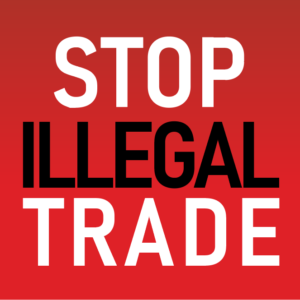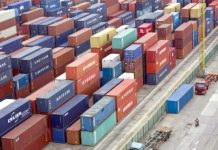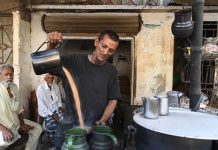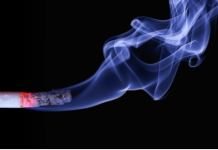KARACHI: Experts have urged the tax authorities to bring the overall supply chain of tobacco under effective tobacco control and enforcement, including a mechanism for quick verification of data on cigarette production and sales, to reduce the damage to the national treasury and public health risks from the illicit trade in cigarettes in Pakistan.
They expressed these views in a webinar, “Illicit, Illegal or Smuggled Tobacco Products in Pakistan — Deconstructing Tobacco Industry’s Narratives”, organised by the Sustainable Development Policy Institute.
Participating in the discussion, The Initiative executive director Dr Amina Khan said that according to the government of Pakistan and the Federal Board of Revenue (FBR), illegal cigarettes have different definitions.
She said according to the interpretation of the government of Pakistan, cigarettes are declared legal or illegal on five criteria. These criteria include the price of the cigarette, the text and graphic warning printed on the cigarette box, the name of the cigarette manufacturer and the country of origin.
“The absence of any one of these criteria does not always mean the tax has not been paid,” she said, adding that this is a loophole, the government has one criteria, while the FBR’s understanding is different.
Adherence to the criteria does not imply compliance with the tax laws. The government mandates a minimum cigarette pack price of Rs63; wherein, a minimum tax (excise and sales tax) of Rs42 is applicable on each pack sold.
Dr Amina Khan said that the track and trace system on cigarettes in Pakistan would help reduce the economic and social losses of the illicit trade. Apart from technology-based monitoring mechanism, a system for quick verification of relevant data will also have to be set up.
Additional collector Customs, FBR, Dr Karam Elahi said that despite the FBR’s measures, illegal cigarettes are coming from Afghanistan, Iran and Kashmir.
“The problem with our economy is that, according to different studies, 30 per cent to 40 per cent, some would say even more is informal, it’s undocumented, and, you know, the cigarette or tobacco sector is no exception in that overall context,” he said, adding: “One cannot deny the fact that we have to control the illicit trade in cigarettes.”
Despite the deployment of inspectors in the factories and audits to curb the illicit trade in cigarettes, no significant results were being achieved and the revenue was being lost, he said, adding: “Instead of being limited to a single segment or point of transaction, we need to transform the entire ecosystem and supply chain of the cigarette industry.”
Dr Elahi said that the governance system was not as effective as it should have been in curbing the illicit trade in cigarettes.
This is a global issue that requires the WHO Framework on Tobacco Control to implement a robust implementation of the entire tobacco supply chain in Pakistan, he said, adding that illicit trade in cigarettes is a national issue, and all the stakeholders should work together on it instead of blame-game.
Dr Elahi also called for political commitment and support for the full implementation of the tax policies.
Source: BOL News – Oct 09, 2021















